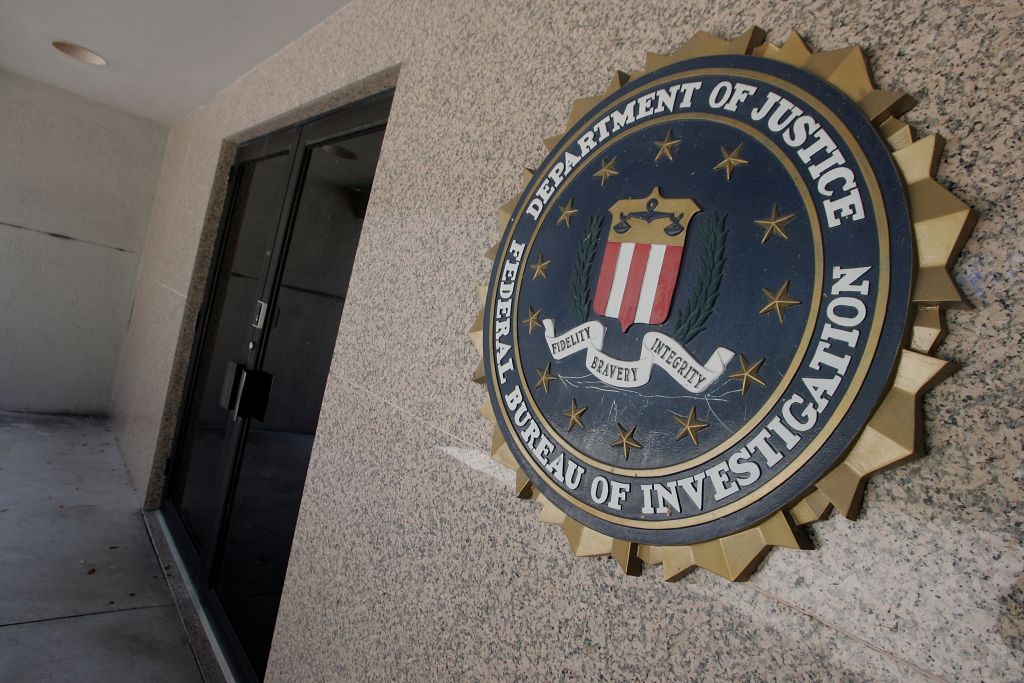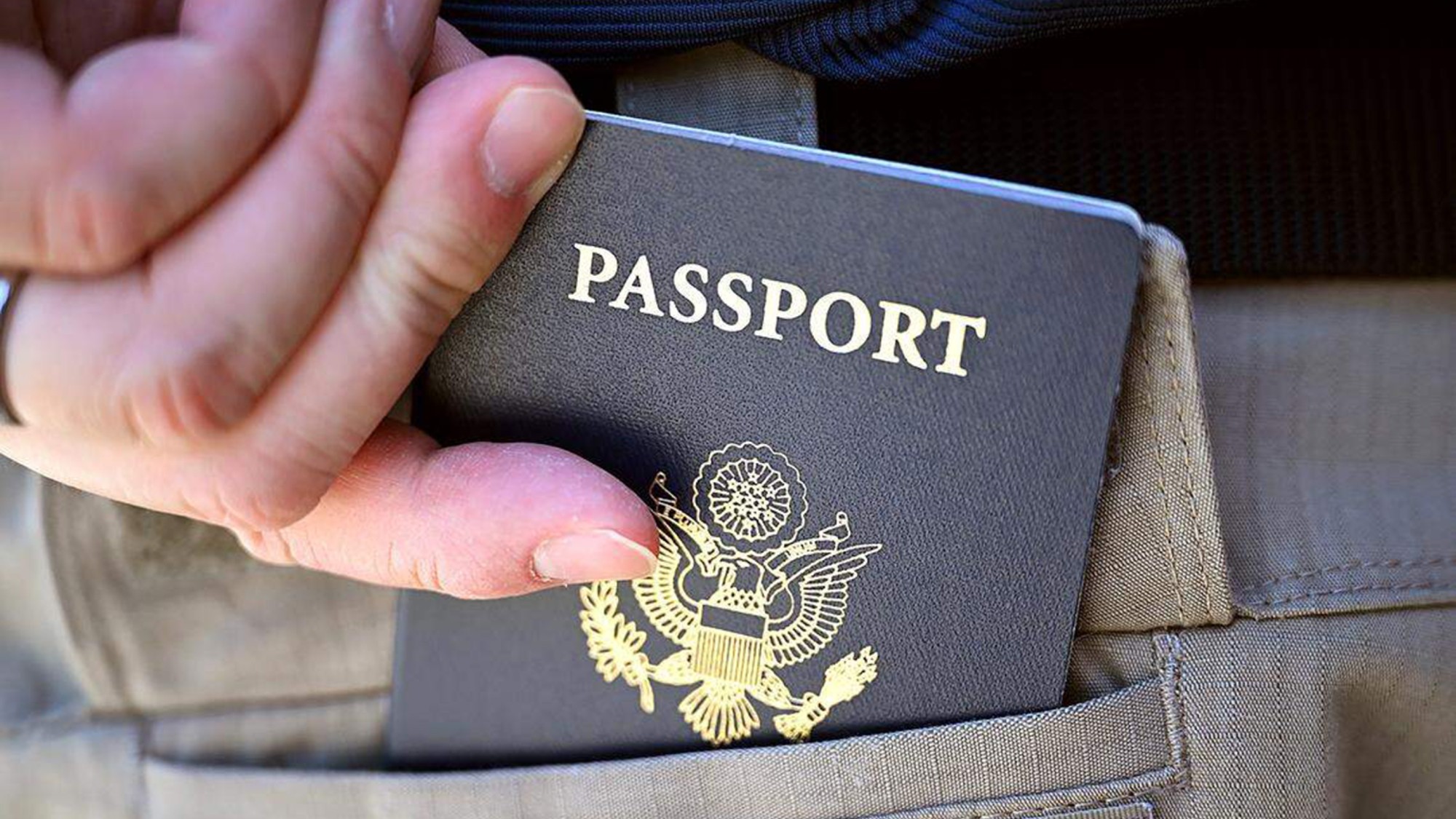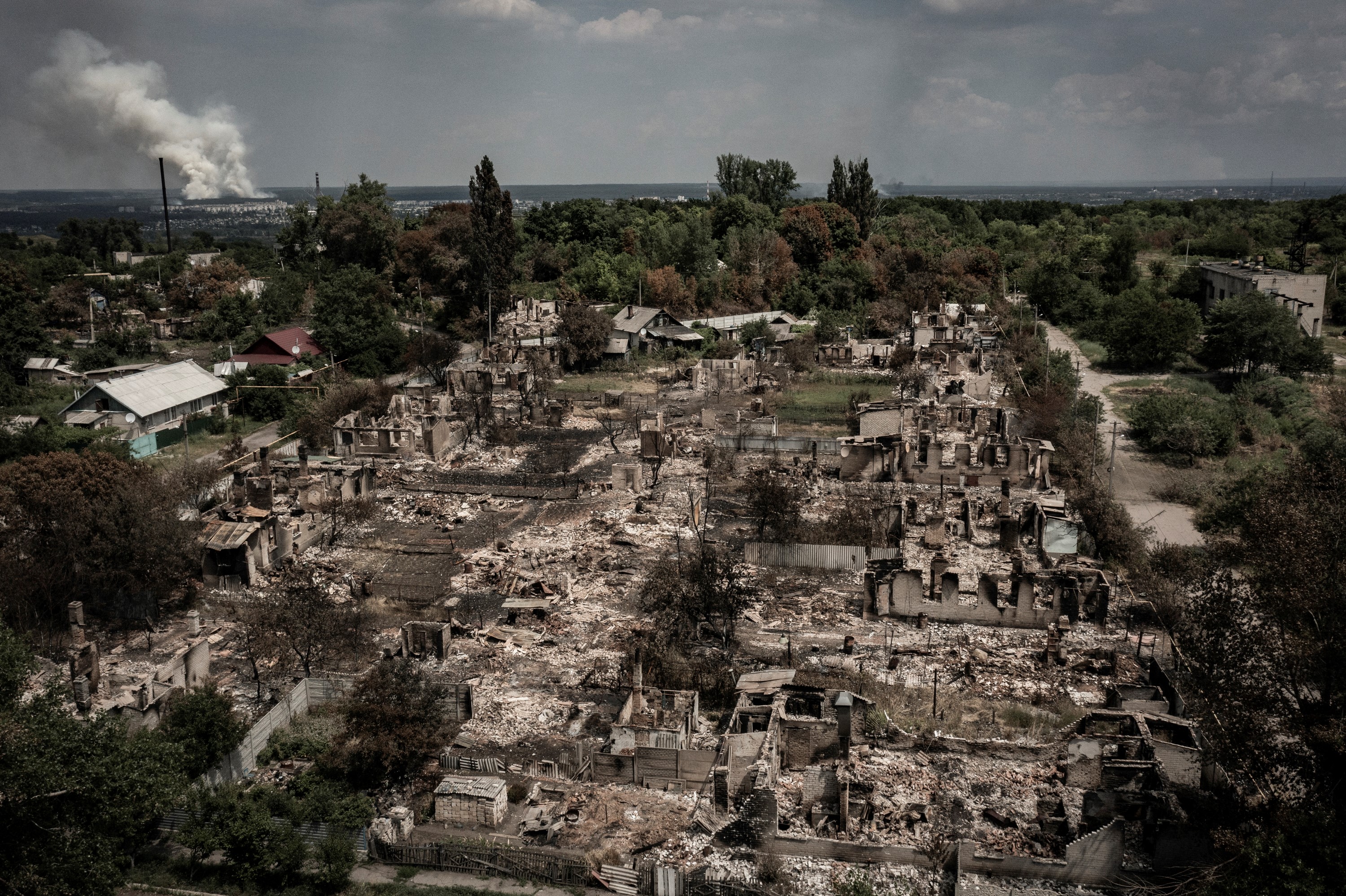FBI official at center of 'quid pro quo' flap tells his side of the story


On Monday, retired FBI official Brian McCauley became a central figure in the 2016 presidential race, even though his name was redacted in the relevant FBI documents and neither Hillary Clinton nor Donald Trump was mentioned. On Tuesday, McCauley told The Washington Post that there was never a "quid pro quo" discussed between himself and State Department official Patrick Kennedy, and that the phrase appearing in the summary notes of an FBI investigation into Clinton's emails was due to a misunderstanding by another FBI official.
McCauley, then the FBI deputy assistant director for international operations, said he had been trying to reach Kennedy for weeks about placing two more FBI employees in Baghdad, and in May 2015 Kennedy called him back. "He said: 'Brian. Pat Kennedy. I need a favor,'" McCauley tells The Post. "I said: 'Good, I need a favor. I need our people back in Baghdad.'" Kennedy told him the favor, McCauley recalled: "There's an email. I don't believe it has to be classified." McCauley said he told Kennedy he would look into it, but when he found out it was about Benghazi, "I said, 'Absolutely not, I can't help you,' and he took that, and it was fine."
Kennedy, in a statement, said that he had contacted FBI officials about the email "to better understand a proposal the FBI had made to upgrade one of former Secretary Clinton's emails prior to its public release," affirmed that McCauley had raised the FBI-Iraq issue "as an entirely separate matter," and insisted "there was no quid pro quo, nor was there any bargaining. At no point in our conversation was I under the impression we were bargaining."
The Week
Escape your echo chamber. Get the facts behind the news, plus analysis from multiple perspectives.

Sign up for The Week's Free Newsletters
From our morning news briefing to a weekly Good News Newsletter, get the best of The Week delivered directly to your inbox.
From our morning news briefing to a weekly Good News Newsletter, get the best of The Week delivered directly to your inbox.
Republicans are demanding an investigation, calling the rarely released 302 summary proof of collusion between the State Department and FBI; House Oversight Committee Chairman Jason Chaffetz (R-Utah) says he will press the FBI for more documents and perhaps subpoena witnesses. "Listen, there was no collusion, there was absolutely no collusion," McCauley told The Post. "That's illegal. Something that was underhanded, illegal, I would not do it. No one in the FBI would do it. It's a matter of integrity." You can read more of McCauley's account at The Washington Post.
A free daily email with the biggest news stories of the day – and the best features from TheWeek.com
Peter has worked as a news and culture writer and editor at The Week since the site's launch in 2008. He covers politics, world affairs, religion and cultural currents. His journalism career began as a copy editor at a financial newswire and has included editorial positions at The New York Times Magazine, Facts on File, and Oregon State University.
-
 US citizens are carrying passports amid ICE fears
US citizens are carrying passports amid ICE fearsThe Explainer ‘You do what you have to do to avoid problems,’ one person told The Guardian
-
 All roads to Ukraine-Russia peace run through Donetsk
All roads to Ukraine-Russia peace run through DonetskIN THE SPOTLIGHT Volodymyr Zelenskyy is floating a major concession on one of the thorniest issues in the complex negotiations between Ukraine and Russia
-
 Why is Trump killing off clean energy?
Why is Trump killing off clean energy?Today's Big Question The president halts offshore wind farm construction
-
 Nobody seems surprised Wagner's Prigozhin died under suspicious circumstances
Nobody seems surprised Wagner's Prigozhin died under suspicious circumstancesSpeed Read
-
 Western mountain climbers allegedly left Pakistani porter to die on K2
Western mountain climbers allegedly left Pakistani porter to die on K2Speed Read
-
 'Circular saw blades' divide controversial Rio Grande buoys installed by Texas governor
'Circular saw blades' divide controversial Rio Grande buoys installed by Texas governorSpeed Read
-
 Los Angeles city workers stage 1-day walkout over labor conditions
Los Angeles city workers stage 1-day walkout over labor conditionsSpeed Read
-
 Mega Millions jackpot climbs to an estimated $1.55 billion
Mega Millions jackpot climbs to an estimated $1.55 billionSpeed Read
-
 Bangladesh dealing with worst dengue fever outbreak on record
Bangladesh dealing with worst dengue fever outbreak on recordSpeed Read
-
 Glacial outburst flooding in Juneau destroys homes
Glacial outburst flooding in Juneau destroys homesSpeed Read
-
 Scotland seeking 'monster hunters' to search for fabled Loch Ness creature
Scotland seeking 'monster hunters' to search for fabled Loch Ness creatureSpeed Read
